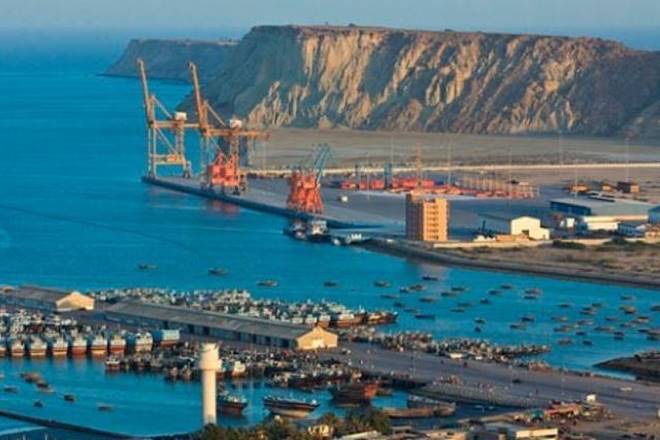Editor’s Note: Muhammad Asif Noor is Director of the Institute of Peace and Diplomatic Studies (IPDS). The article reflects the author’s opinions and not necessarily the views of the Daily CPEC
After the tumultuous withdrawal of the US forces from Afghanistan, regional peace and security are at a critical stage. This entire process is posing challenges for countries like China but it also offers huge opportunities.
At this critical juncture, China’s foreign policy approach towards the Afghan crisis is crystal clear, precise and calculated by emphasising peaceful political settlement among the factions and inclusive transition of power while supporting economic development and regional connectivity. China is encouraging the international community to work for the smooth and political change in Afghanistan where the interests of the Afghan people should be ensured. A peaceful and stable Afghanistan is in the best interest of the region and the world.
China is concerned primarily with the rising terrorism threats that may emanate from Afghanistan without a political settlement. As Afghanistan is in the midst of a huge humanitarian crisis created by the US and the Afghan people are suffering and left in the dark to deal with the challenges, and to avoid all that going beyond control, China has urged the global community to work together to maintain the sovereignty and integrity of Afghanistan.
As a responsible neighbouring country to Afghanistan, China respects the sovereignty, territorial integrity and independence of Afghanistan. China is a staunch supporter to non-interference to Afghanistan’s internal matters. Recently, the leader of the Taliban Political Commission Mulla Abdul Ghani Baradari visited China and met with the Chinese Foreign Minister Wang Yi. This was an important step toward engaging the Afghan Taliban in dialogue and sharing the concerns of China with Afghanistan. This also shows that China considers the Afghan Taliban as an important political stakeholder in Afghanistan. Afghan Taliban continued to open communication channels with China at the highest level and pledged that Afghanistan will not be used as a launching pad for terrorism in all neighbouring countries including China.
China has welcomed the sheer resolve from the Afghan Taliban that they will eradicate the menace of terrorism from theAfghan soil. These concerns are quite valid as the Eastern Turkistan Islamic Movement (ETIM), a UN-recognised international terrorist organization, is posing a serious territorial and national security threat to China. China anxiously aspires to uproot terrorism from Afghanistan and has conveyed its concerns to the Afghan Taliban. If the Taliban can deliver on their anti-terrorism processes, it will evaporate fears of instability not only in Afghanistan but also in the region ushering in a new era of growth, development and regional integration process.
The hasty withdrawal of the U.S. is a failure for the international community, but this is an important opportunity for the Afghan people to take their destiny into their own hands.
The Afghan Taliban needs to make, not only verbally clear but through their actions to reflect that how serious they are about uprooting their links with any regional terrorist organisations. China is supporting the dialogue with other stakeholders in Afghanistan to promote a system able to protect Afghan people and their interests indefinitely. It is worth mentioning here that China is not the only country communicating with the Afghan Taliban but other stakeholders including the USA, Russia, Pakistan and other regional countries.
In the past, China has offered huge economic incentives in terms of direct investment, reconstruction, construction and economic development. Mes Aynak, the copper mine project, energy projects in the oil field in Amu Darya towards the north of the country, constructions of roads, railways, ports military base in Badakhshan, small- and large-scale factories, buildings in Kabul University, hospitals, housing projects are some of the support that Chinese enterprises have offered to Afghanistan. Export of pine nuts and other local produce has created huge economic opportunities. Chinese engagement in Afghanistan created huge job opportunities for the local Afghans. Extending the Belt and Road Initiative (BRI) to Afghanistan especially while connecting Afghanistan to the China Pakistan Economic Corridor will be a greater game-changer for the country.
Now for the Afghan Taliban and the other stakeholders in the country, if they are seriously considering uplifting their country out of the shackles of extreme poverty, disease and all kinds of national, regional and global challenges, economic engagement is the solution. The Afghan Taliban and other national stakeholders will need to ponder and think that to make Afghanistan a stable and better country with a thriving economy, they all need to focus on economic wellbeing. Better engagement with China and other regional countries requires showing sincerity and integrity in their commitments, and the Afghan Taliban or any political force needs to look who is a true friend and offers support in the process.
The writer is Director, Institute of Peace and Diplomatic Studies

















